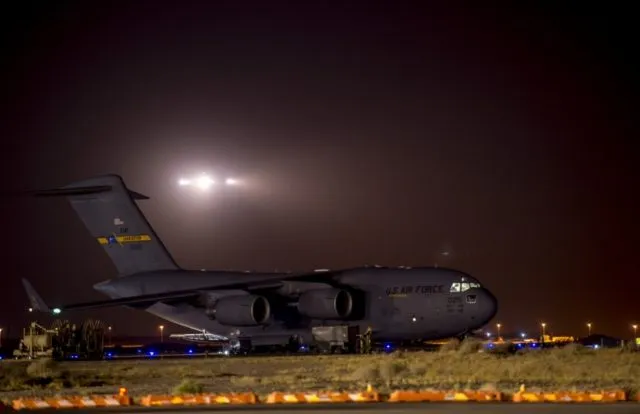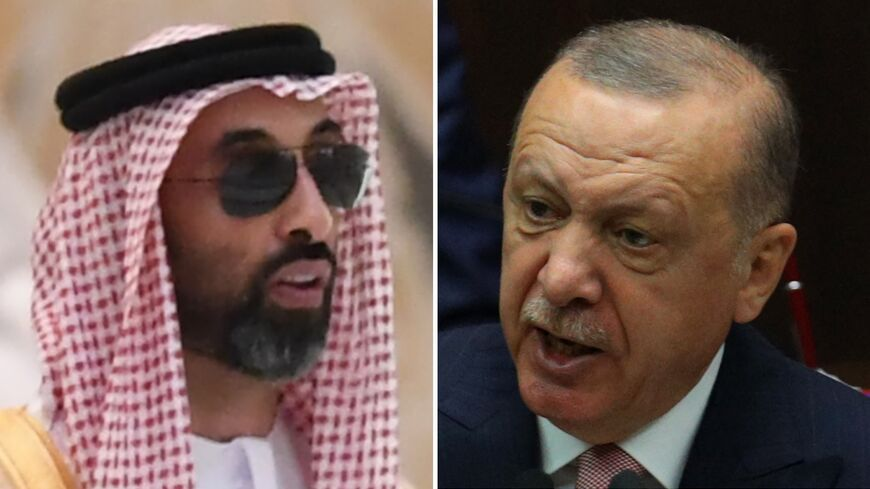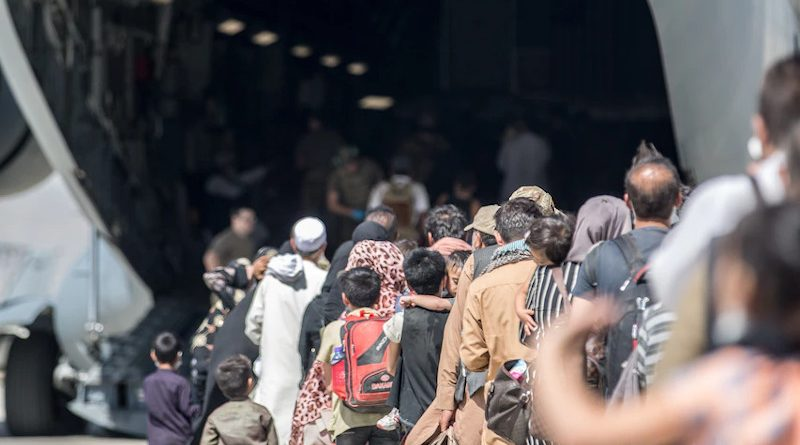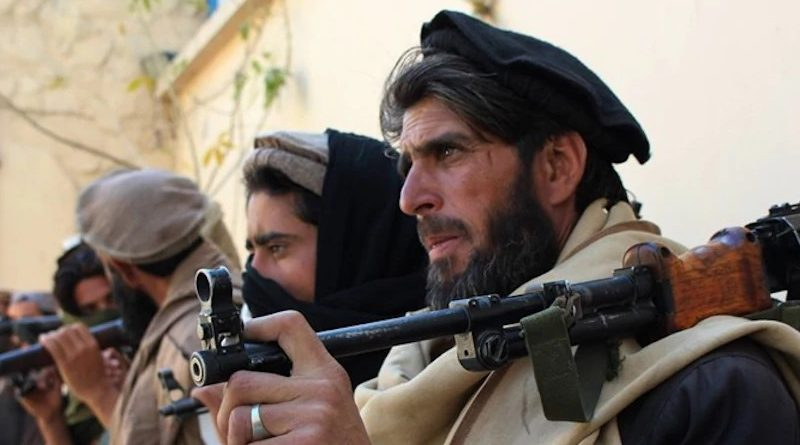Who Are the Anti-Taliban Resistance Forces and for How Long Can They Last?
After the Taliban swiftly swept away, without much of a resistance, the Afghan Army and government on the heels of the U.S.-led coalition’s withdrawal from the country, chaos has gripped Afghanistan.
Panicked Afghan civilians, desperate to leave a country under Taliban rule, have flooded the Kabul airport. Meanwhile, the U.S. and Western countries are airlifting out thousands of Afghans as well as their own citizens.
But one province is still holding out and gathering anti-Taliban forces.







